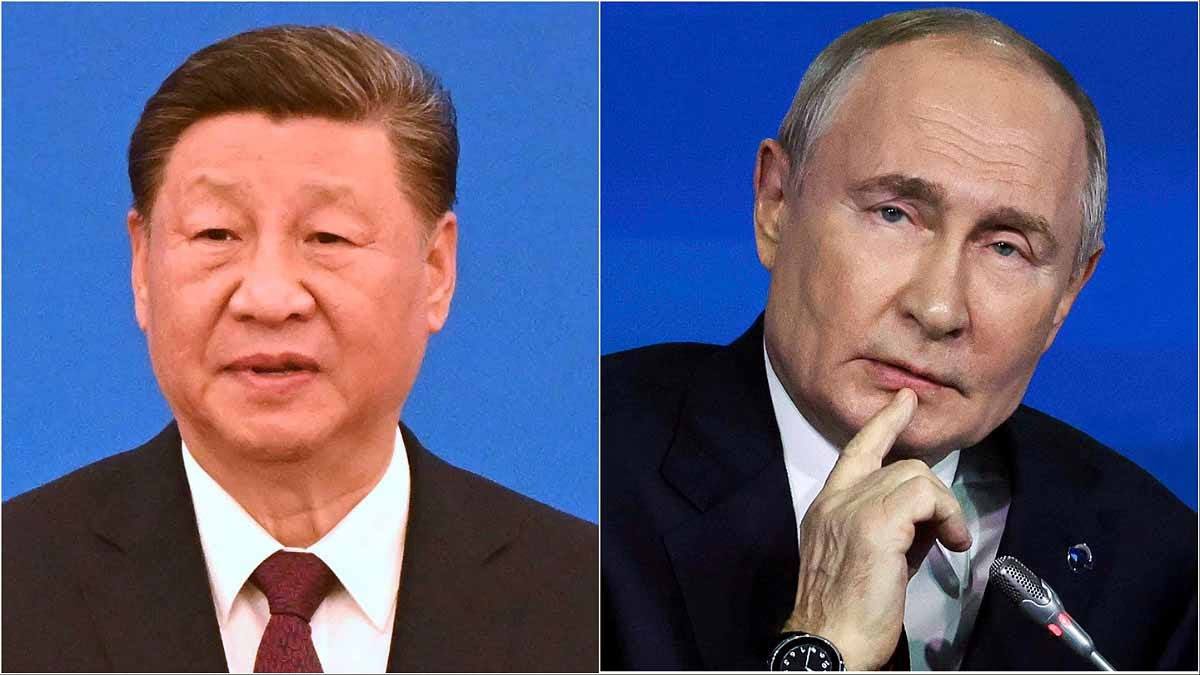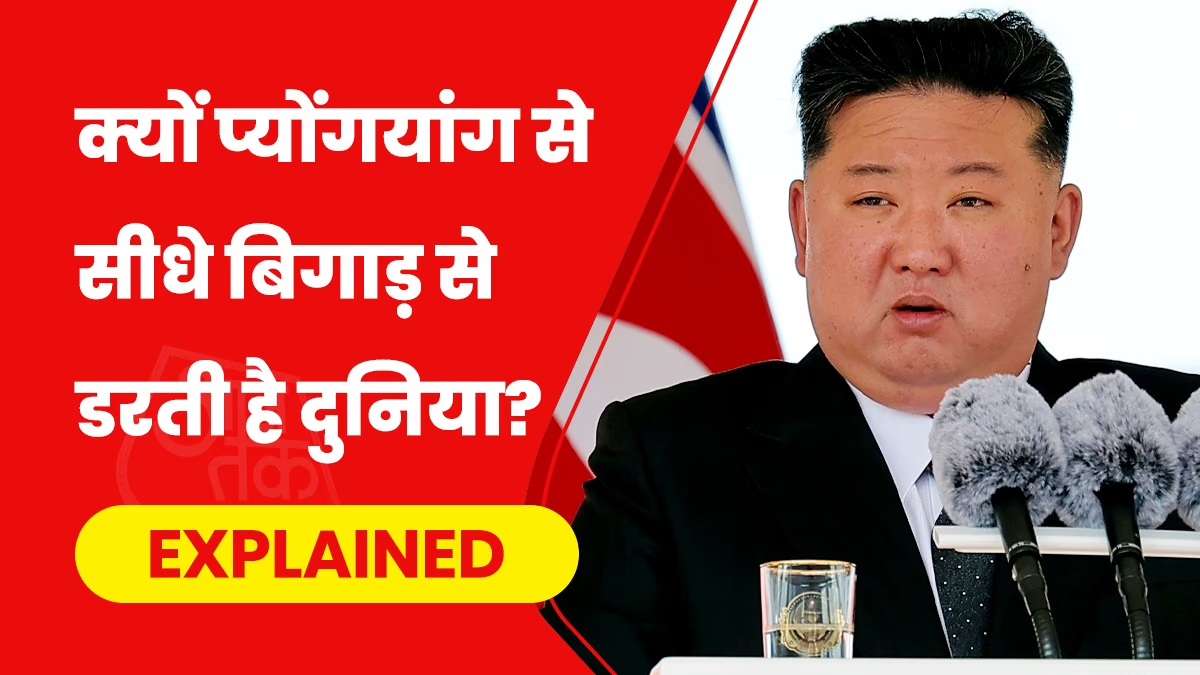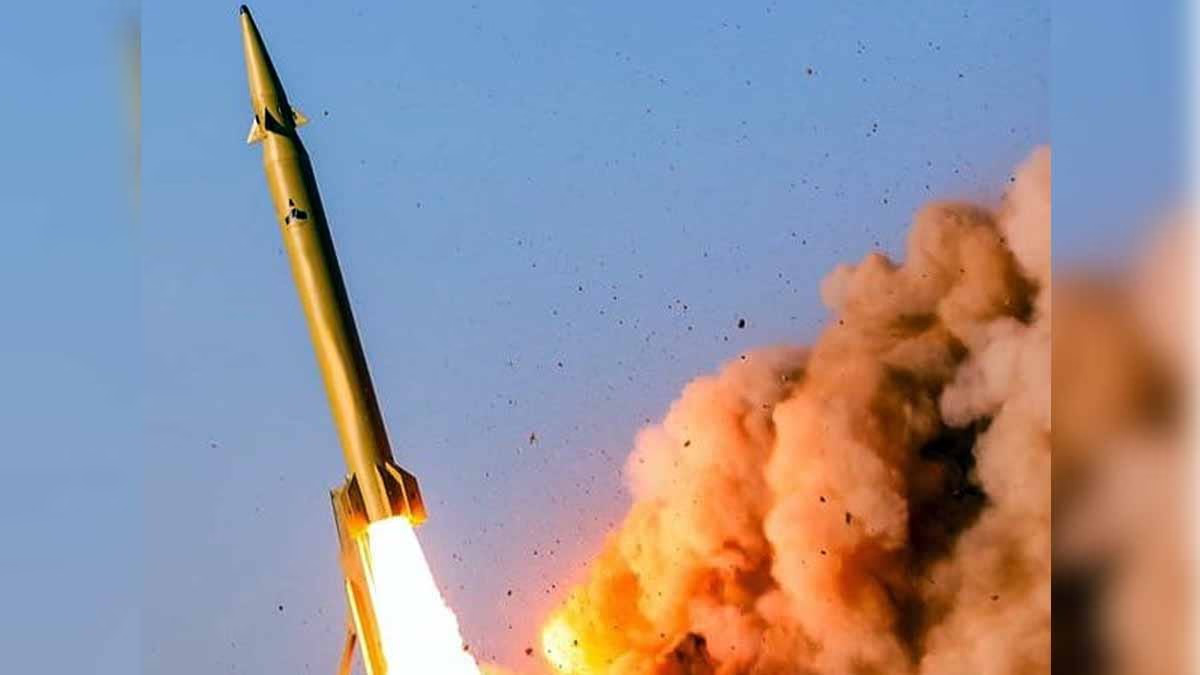The Middle East is on edge with heightened tensions between Israel and Iran. On June 13, 2025, Israel launched an aggressive strike on Iran's Natanz nuclear facility and other strategic military sites, resulting in the tragic loss of multiple scientists and officials. In retaliation, Iran unleashed 100 Shahed-136 drones and ballistic missiles against Israel.
The looming question is whether these incidents might ignite the spark for a Third World War. Experts suggest that the reaction from powerhouses like Russia and China will be decisive.
Recent Events: Escalating Tensions
Israel's Strike (June 13, 2025):
Israel targeted Natanz using bunker-busting bombs, claiming the lives of six nuclear scientists. This attack could set back Iran's nuclear aspirations by 1-2 years. Iran denounced it as a terrorist act.
Iran's Counterattack:
In a swift response, Iran launched 100 Shahed-136 drones and ballistic missiles at Israel. The Jordanian and Israeli air forces intercepted many, yet some made impact near Tel Aviv.
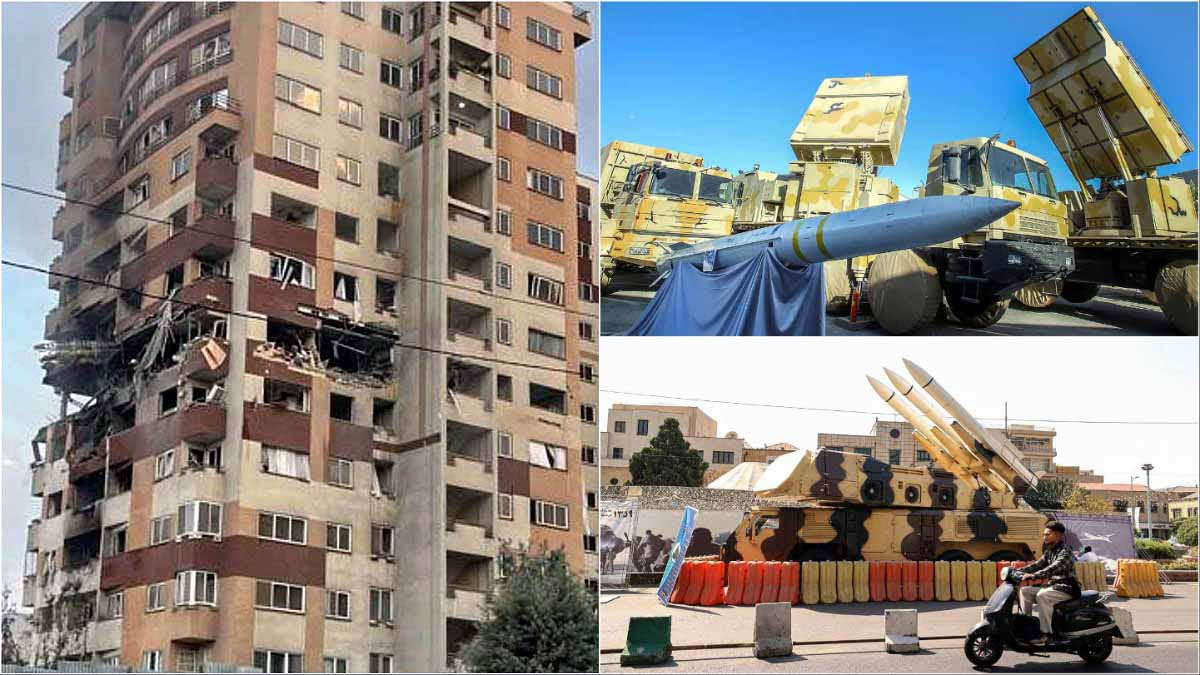
Source: aajtak
Human and Economic Impact:
In Iran, around 500-700 casualties were reported, with economic damages estimated between 5-10 billion dollars. Israel, though facing less direct damage, is seeing tensions escalate due to Iran's aggressive tactics.
Global Reaction:
The US immediately backed Israel, whereas Russia and China voiced their support for Iran. An emergency session at the United Nations has been called.
World War Possibilities: A Near Reality?
A world war ignites when multiple nations are pulled into a conflict simultaneously. With current situations...
Iran and Israel: Direct confrontations between these nations are on the rise. If Iran intensifies its drone campaigns or if Israel carries out comprehensive assaults, the conflict could spiral out.
The US and NATO: As Israel’s foremost ally, the US has stationed 40,000 troops in the Middle East. Should there be further offensive on Iran, American forces might get involved, potentially dragging NATO into the fray.
Russia and China: Both nations are close allies of Iran. Should they decide to escalate military support, the war could intensify significantly.
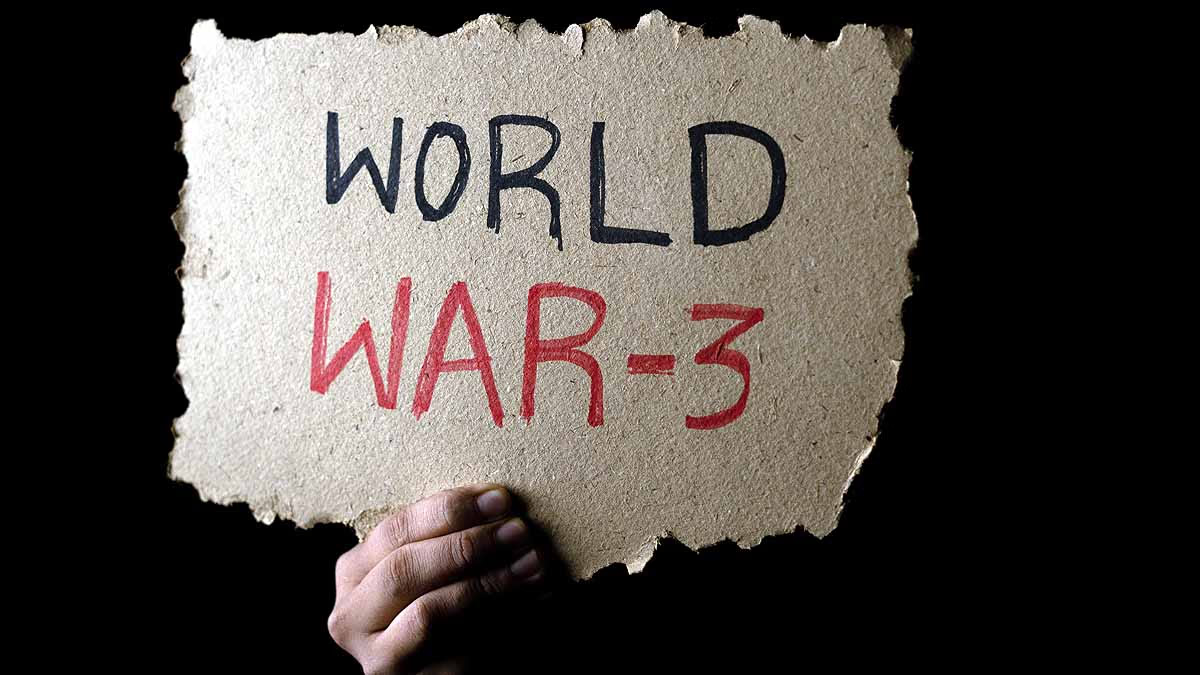
Source: aajtak
Experts forecast that if tensions spiral uncontrolled within the next 72 hours, there's a 30-40% probability of a world war.
Russia's Perspective: A Staunch Ally to Iran
Historical Stance:
Russia condemned Israel's June 13 assault and labeled it a 'breach of international norms.' Kremlin spokesperson Dmitry Peskov warned of a potential full-blown war.
Through a broader lens, Russia wants to diminish America's Middle Eastern foothold, viewing support for Iran as an opportunity.
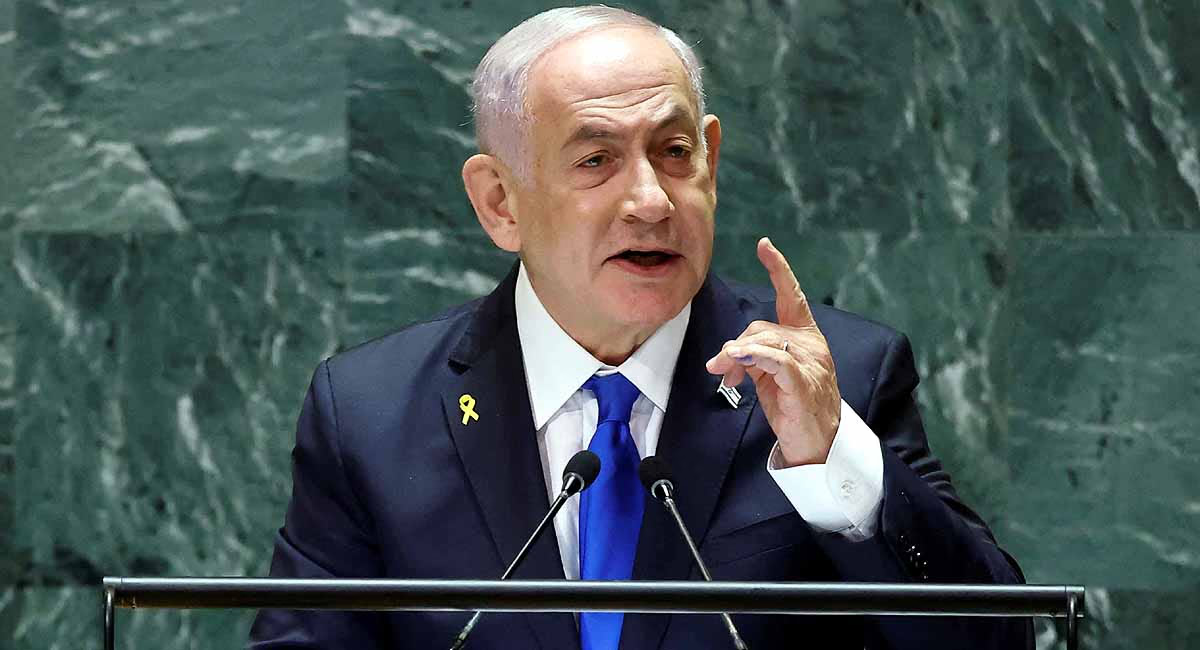
Source: aajtak
China's Approach: Balancing Economics and Strategy
Historical Approach:
China has inked a $400 billion energy agreement with Iran, designating it as a 'strategic partner.' It branded Israel's actions as 'destabilizing.'
Though military intervention hasn't been China's chosen route, it might provide economic aid to Iran, potentially prolonging the conflict.
China's overarching aim remains to safeguard its oil and gas interests in the Middle East. If the Israel-US coalition grows assertively, China could back Iran more robustly.
Role of Other Nations
Jordan and Arabian Nations: Jordan assisted in intercepting Iran’s drones, though Saudi Arabia and the UAE prefer neutrality.
Turkey: While offering mediation, its strained relationship with Israel complicates matters.
India: Advocating for peace, India advises its citizens to leave the Middle East promptly.
Preventing a World War
Global Pressure:
The UN and EU are ramping up calls for peace talks.
Economic Risks:
A conflict could propel oil prices beyond $100 a barrel, impacting global financial systems.
Nuclear Threat:
The specter of nuclear conflict looms if Iran considers its nuclear arsenal, though such an event remains improbable.
